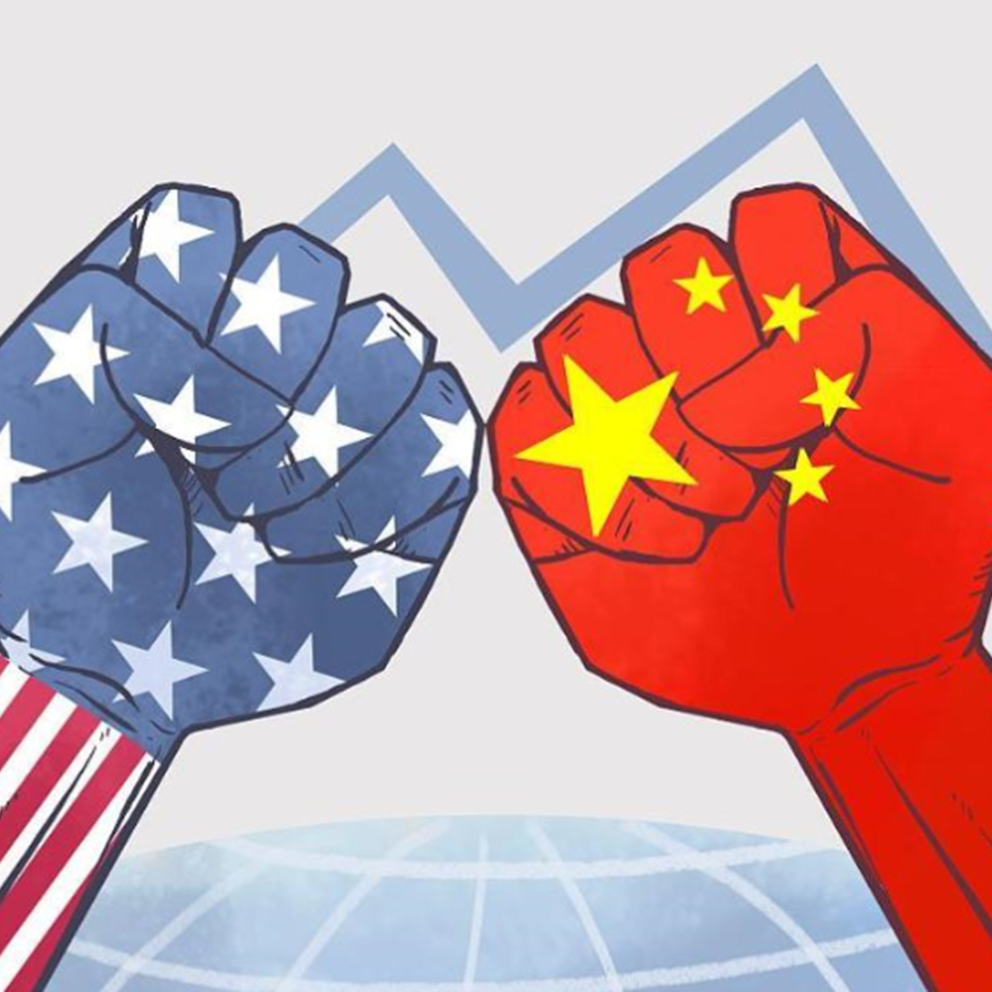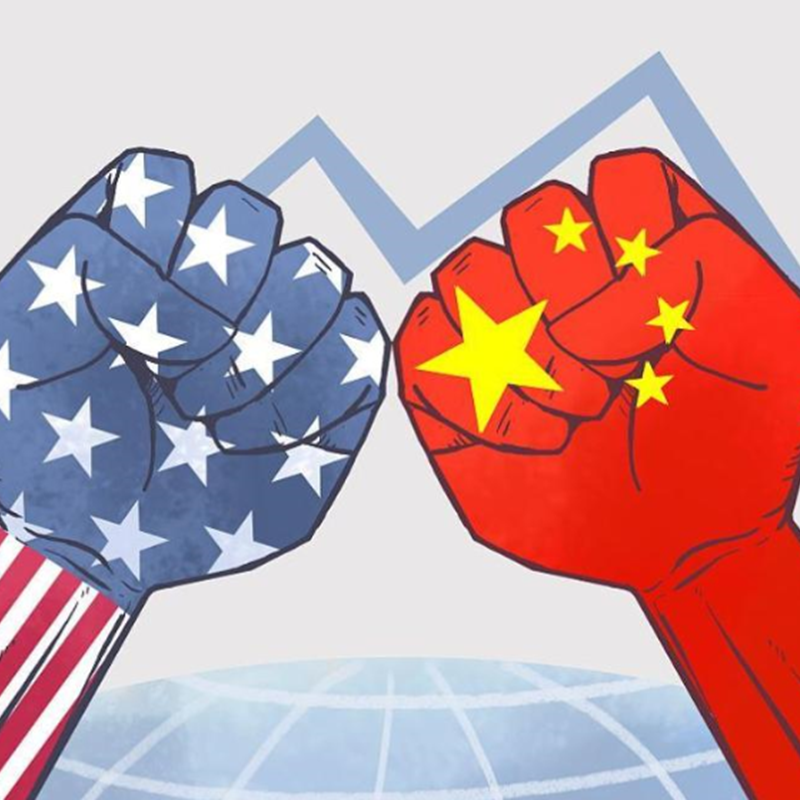

Weekly update - Tariffs on, tariffs off
It has been a volatile week where news flows have caused disruption within various stock markets.
Trade tensions between the US and China yet again made the headlines as Trump announced that he would be introducing 10% tariffs on $300bn worth of additional Chinese imports. However, he has since gone back on his word and said he would delay implementing the tariffs. Markets initially plummeted upon the news, recovered their losses the following day, only to decline once again. The tit-for-tat, back and forth murmurings of trade talks have been going on for over a year now; how the market will ultimately be impacted still remains unclear.
Staying with China briefly, as the army made its way to the border of Hong Kong and the special administrative region headed into the 11th consecutive week of protests. Despite pro-democracy events having been ongoing throughout the summer, they hit the global stage this week after the international airport closed for two days as protesters moved in. Hong Kong’s domestic markets were relatively unharmed but concerns are growing over China’s reaction and the long-term reputation of the city, which is viewed as a financial hub.
Moving attention to another emerging market; Argentina, as the country experienced the second-largest single day market fall in any global stock market since 1950. The S&P Merval Index fell 48% in USD terms last Monday as president Macri was beaten by rival Fernandez, who is now favourite to win the presidency in late October. This news wasn’t helped by a double downgrade to the nation’s debt and in addition, the Economy Minister then resigned on Saturday, which is unlikely to aid markets in the week ahead.
Ravenscroft’s Discretionary Investment Management team have been in touch with their selected managers who have exposure to the Argentine market, and whilst the election result went against all recent polling and expectations, (something we have seen before i.e. Brexit and Trump), it is viewed as a purely domestic issue and so when taking a view of the broader South American region, they remain very positive about the medium to long-term growth prospects.
Whilst only a few news snippets, the above serves to highlight the importance of being diversified across different geographic regions in order to help minimise the impact of isolated, unexpected political or economic events.
We end with, perhaps the biggest news from a global perspective, the inversion of the US and UK yield curves. Simply put, this means that investors will now earn more money for lending over shorter periods than they will for longer periods. This is typically unconventional when it comes to lending money as the risk is greater over longer periods and as such investors should be compensated with higher rates of return.
By some, an inverted yield curve can often be viewed as a recession indicator and has over the week sparked volatility across global markets. Having said this, there have been more yield curve inversions than there have been recessions, as such this indicator should by no means be seen as the Holy Grail.
What the reaction highlights, yet again, is that markets have a tendency to overreact to news (and underreact in some cases) and reiterates why we believe it is important to take a long-term view and not to get too emotionally invested in short-term market noise.
We continue to remain focused on the aspects of investing we can control; the quality of the underlying companies we invest in and the price we pay.


